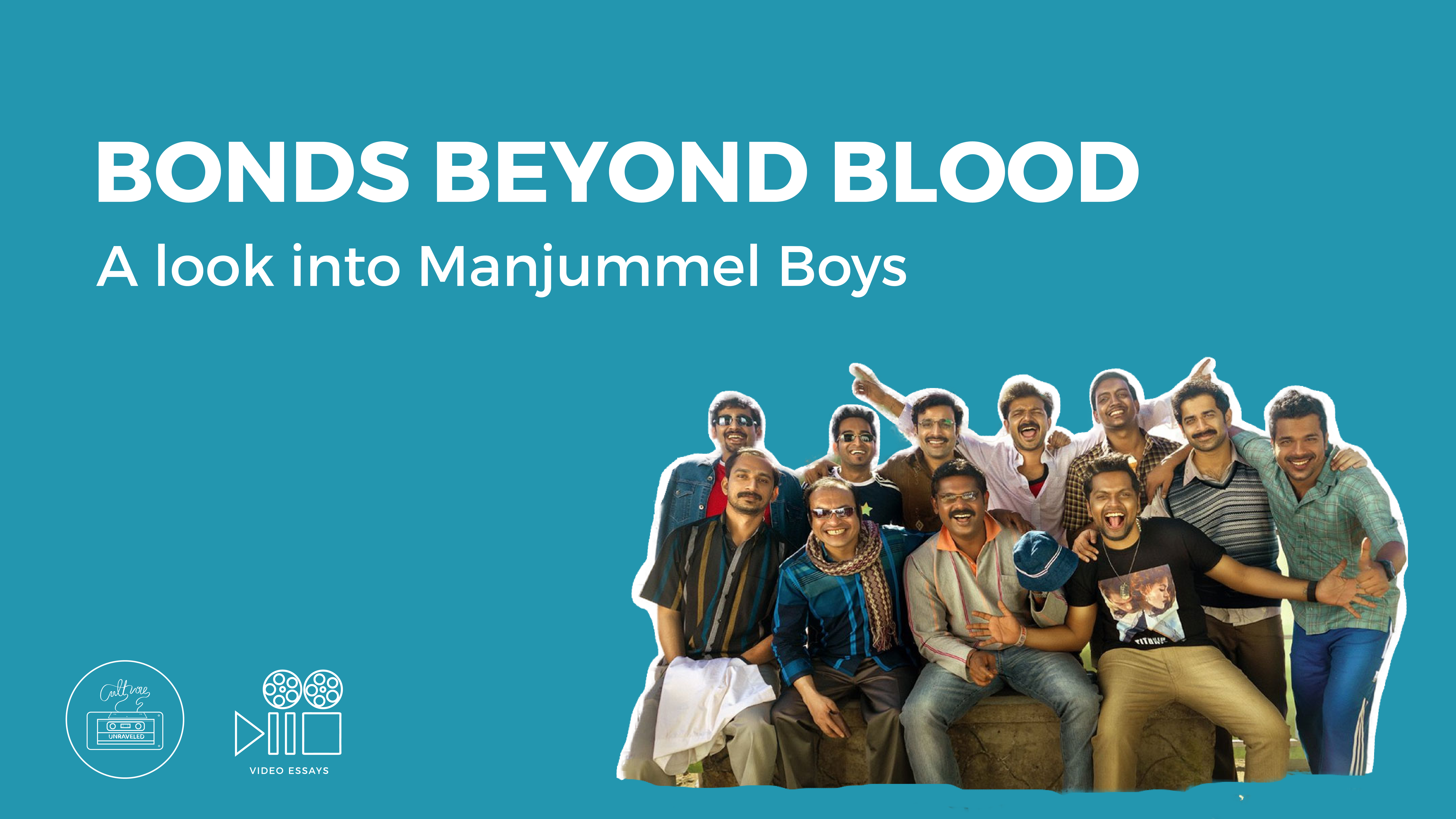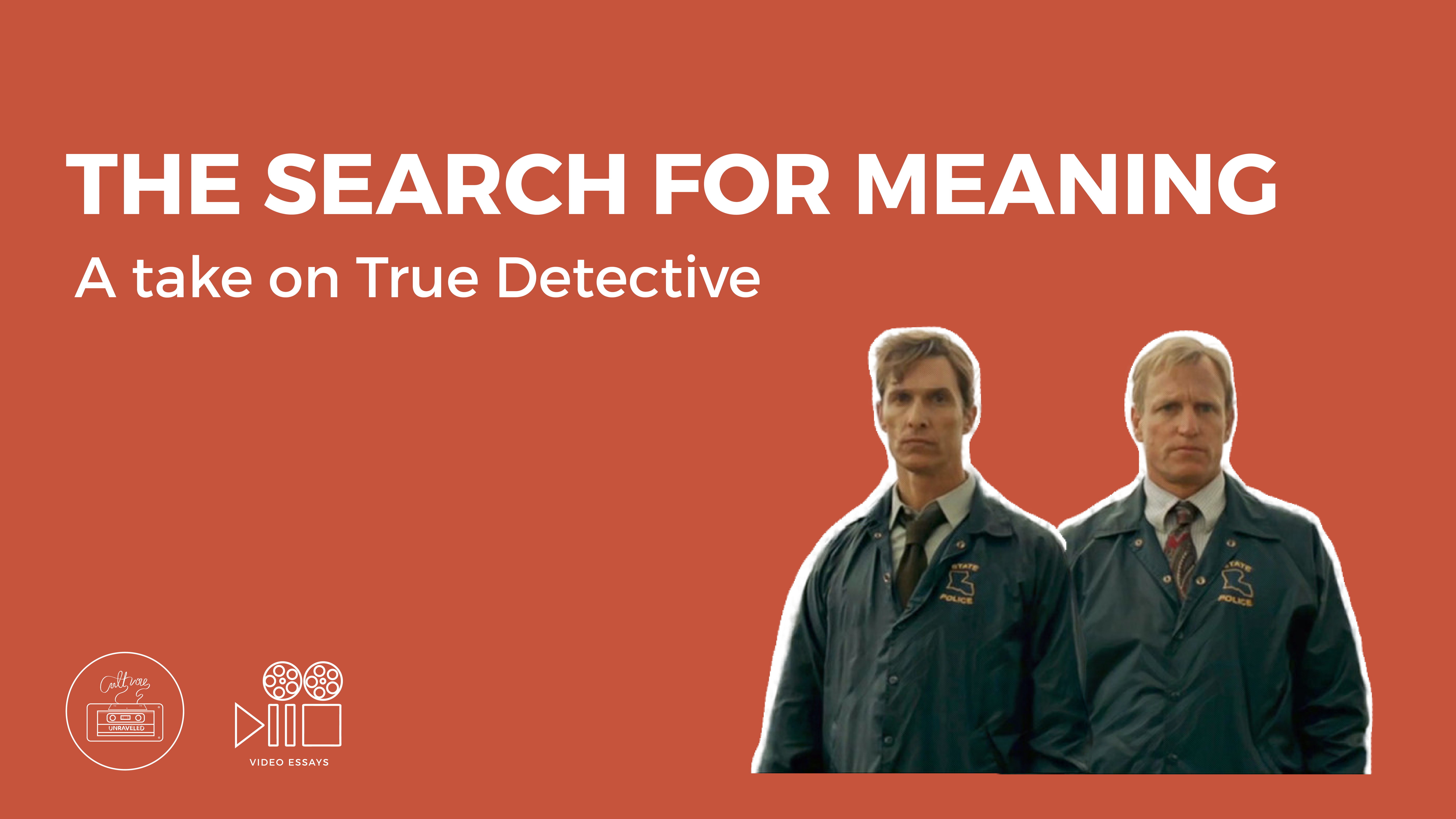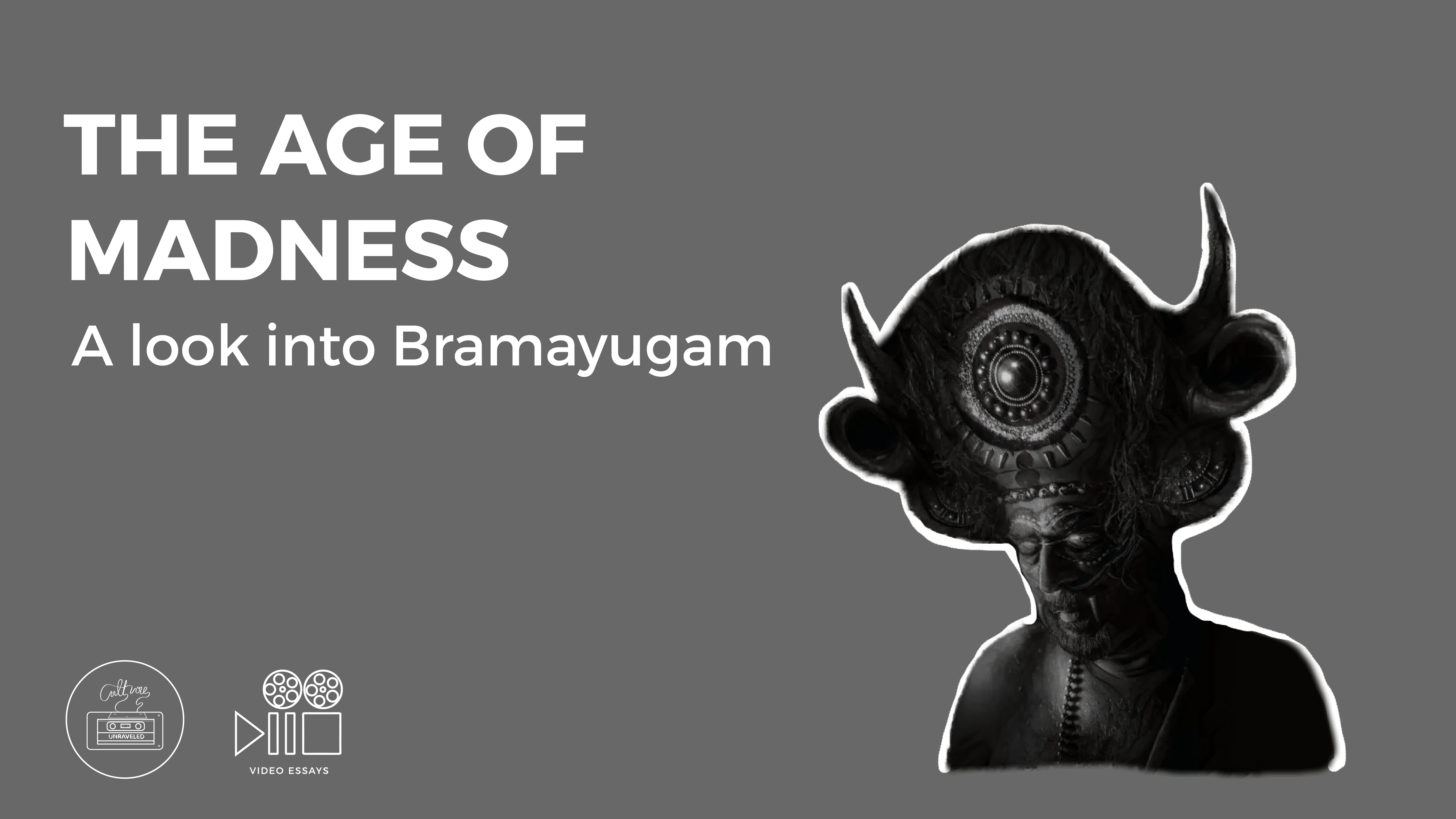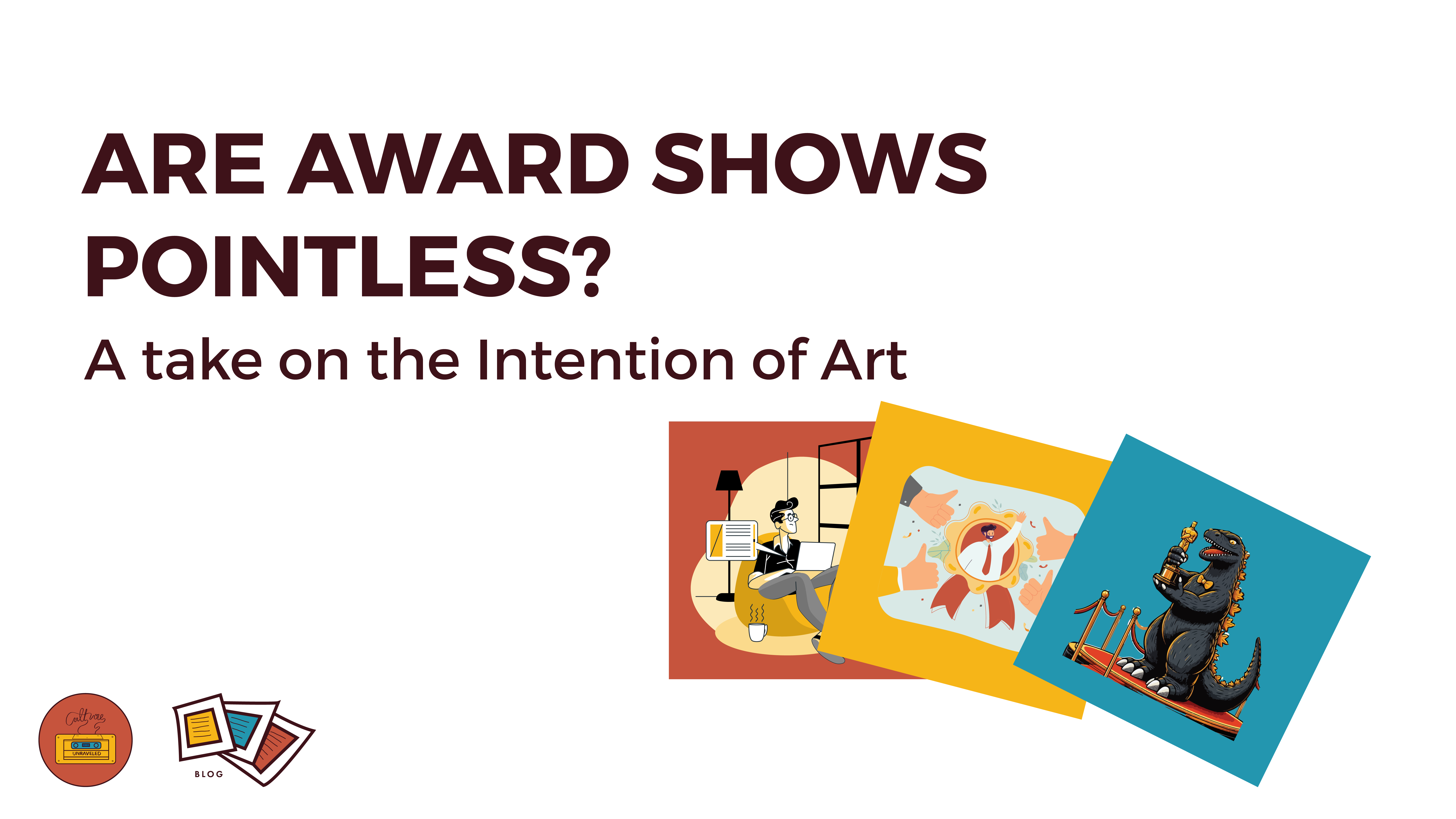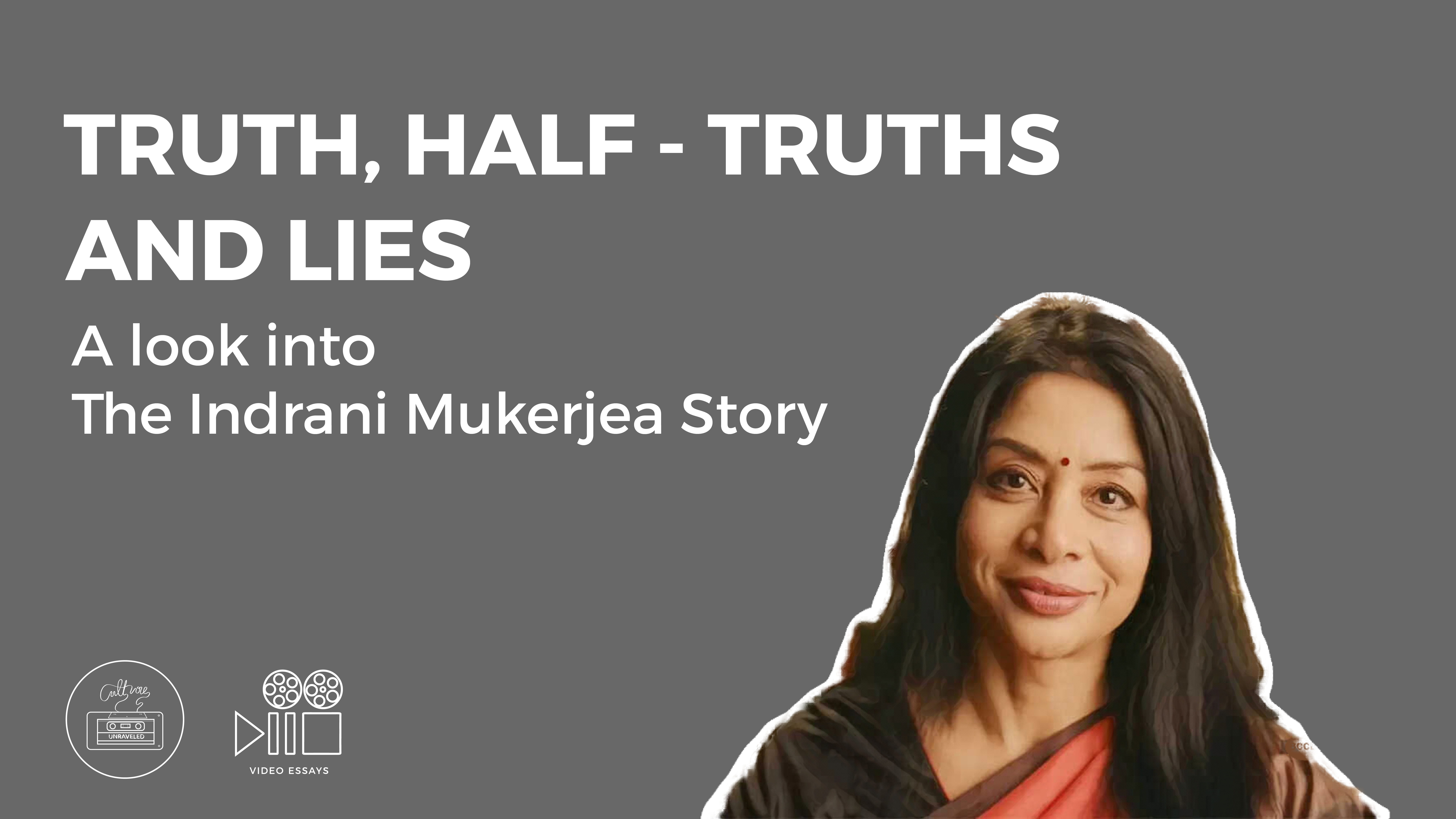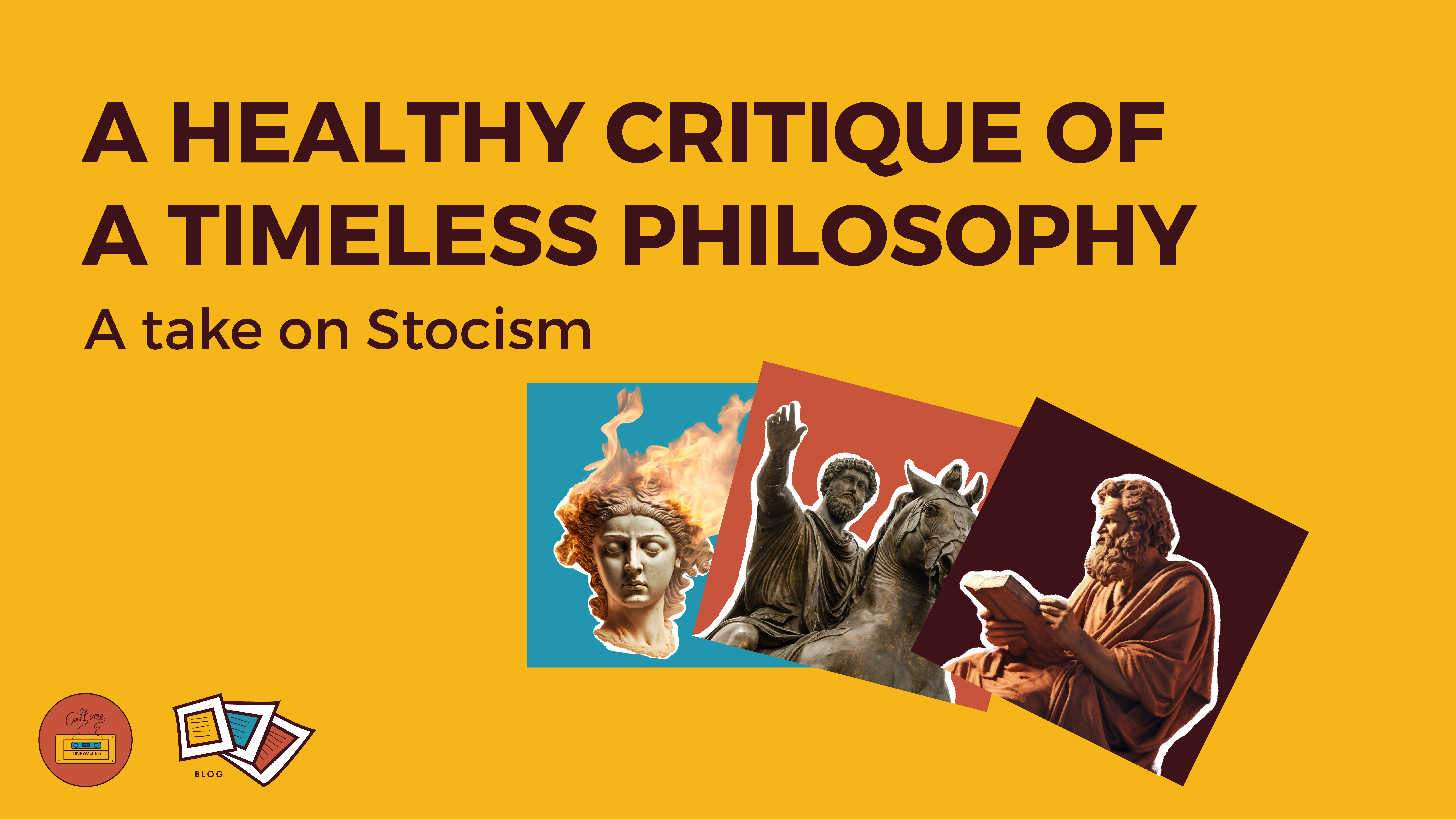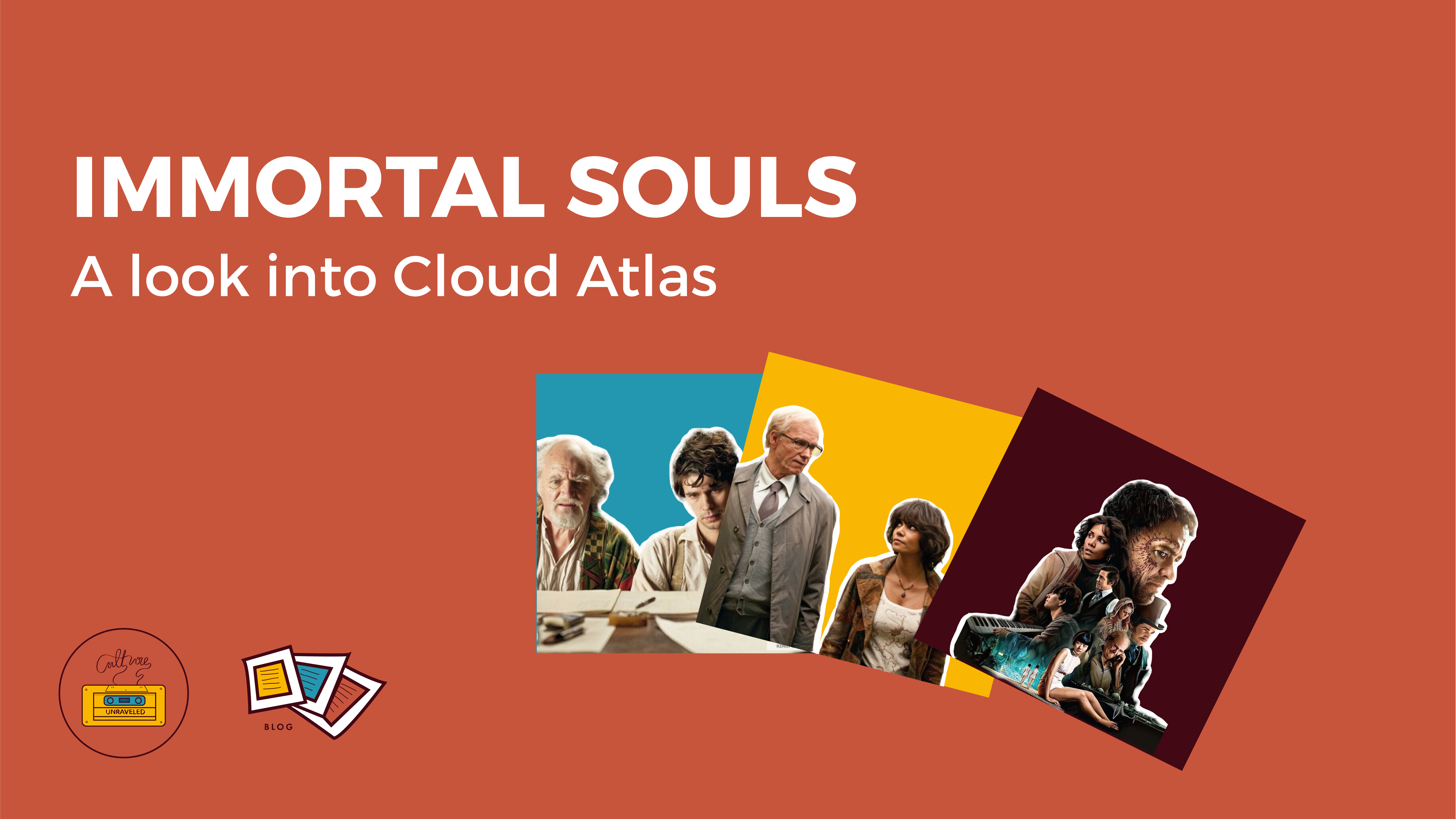
The movie ‘Cloud Atlas’ is unique as it weaves multiple plots into one, each with different protagonists, settings, and storylines, with the stories taking place across different eras. In doing so, it highlights the singular theme of the ‘soul’s immortality.’
One of the plots begins in 1849 with Adam Ewing’s noble act of freeing Autua, a slave who saves him in return from being murdered. Ewing records all these experiences in a journal, which falls into the hands of Robert Frobisher, a music composer, in 1936. Inspired by Ewing’s journal, Frobisher composes a timeless symphony with Vyvyan Ayrs, a legendary musician. Despite his outstanding accomplishments, Frobisher lives a morally sub-standard life by entering into an immoral affair with Vyvyan’s wife while writing poetic letters to his lover, Sixsmith. The following plot takes place in 1973. Here, an older Sixsmith encounters Luisa Rey, a strong-headed journalist. As part of an investigation, she finds Frobisher’s love letters to Sixsmith. She eventually discovers Frobisher’s symphony and realizes she’s heard it before.
Likewise, the movie weaves three other plots into these, connecting the characters through specific objects like journals, letters, or music. Moreover, the same people play all the characters in every era. For instance, we see that Vyvyan’s wife is the same person who plays a slave girl in 1849 and Luisa Rey in 1973. By connecting them through specific objects and time, the story draws our attention to the interconnectedness of all things and all people, highlighting the theme of the soul’s immortality. Let’s examine two critical ideas related to this theme, which might help us understand the movie’s worldview.
First, the movie attempts to connect all its characters through moral actions. Some characters like Luisa Rey develop from timid enslaved people to strong-headed journalists. Others remain as they are or even become more evil with the unfolding of each succeeding plot. It resonates with the common refrain in the movie that we “birth our future through every crime and act of kindness.” It suggests that the characters’ moral actions only give rise to the specific life situations they encounter in subsequent eras but have no bearing on the condition of their hearts. In other words, our moral actions are only a pathway to our next lives without affecting who we are or the people we are destined to become.
Second, the movie portrays every character’s sharing of a deep connection with themselves and other people that they encounter, which is characterized as a very soulish experience. It suggests that our bodies are mere carriers of our souls and could be irrelevant to our human experience. With the characters’ souls taking on the bodies of different people living in different periods, the movie attempts to show that immortality is a characteristic only of our souls. In other words, the idea of the soul’s immortality does not give significance to who we are as embodied creatures.
While ‘Cloud Atlas’ is a complex film, it makes us think about the significance of our moral actions and our identity as embodied creatures in our life experiences. What if our moral actions are not merely a pathway into another life but have real consequences on our destinies? And what if they are an outworking of everything we do, not as disembodied souls but as embodied creatures? These are questions that we are left with as the movie ends.
_________________________________________
Written by Roselina Vundi
Life Focus Society
Culture Unraveled is an initiative of Life Focus Society

